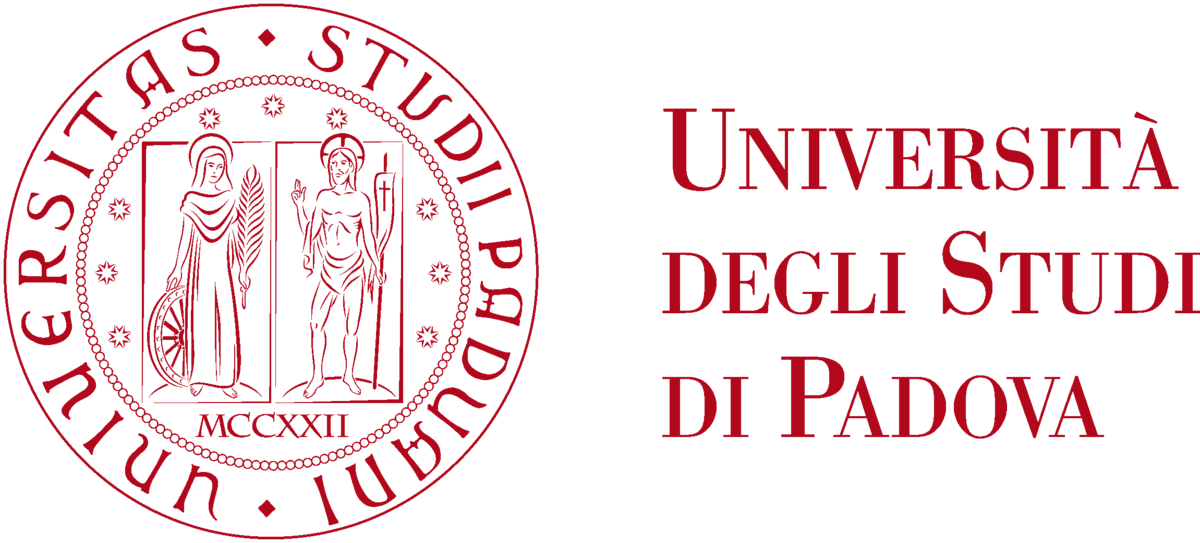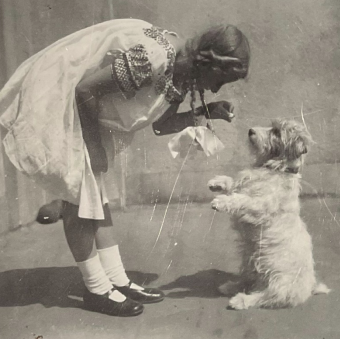Fourth Padova Summer School on Philosophy and Cultural Studies of Technology
If you are interested to contribute to our discussions: please describe your motivation and interest (no more than 3 pages) and send it along with a CV by June 5 to Andrea Gentili - andrea.gentili.2(at)phd.unipd.it
Animal Technologies
One of the first chapters in the history of technology concerns the domestication and breeding of animals, their technological deployment in agriculture, transport, mining, sacrificial rituals. At the same time, for hunters and gatherers, miners and urban dwellers alike, animals structured their technical practices and daily routines. Still today animal nature is harnessed, controlled, and transformed through technology, still today many human practices are shaped by our interactions with animals, and especially today we become aware of our co-dependency.
Genome editing offers strategies to enhance animal performance, biorobotics exploits animal behavior, One Health research fuses human and veterinary medicine with the environmental sciences. Technological devices have taken the place of pets, animals for use are monitored, fed, even stimulated and entertained by phone apps and virtual reality games.
The triad of human-animal-machine creates ever new constellations which challenge the boundaries between them:
There is a wide range of phenomena that gives rise to cross-cutting questions:
- Animals as technological tools - natural resource and capital, weaponized, models for disease and biomimetics, environmental indicators, from micro-organisms to carrier-pigeons
- Technologies of animals - the dam building beaver, the singing whale, the nesting bird, the functional and aesthetic appropriation and adaptation of landscapes and urban environments
- Technologies for animals – animal husbandry, grooming, feeding, killing, entertaining animals in stables and homes, habitat construction in aquariums and game parks
- Enhancement and innovation – from medical treatment to tailoring, breeding, genetically engineered affordances, optimized for agrobusiness, entertainment, sports
- Overcoming animal use – cultured meat, precision and biomass fermentation, substitutes for animal experiments, sanctuaries, deification and taboo
- Circensic colonization - the fabrication and spectacular performance of wildness and taming
- Pure Emotion - the inexhaustible cuteness of animals, mirroring human desire in images and texts, their symbolic function in fables, fairy tales, political rhetoric, the great chain of being
- Animated technology - devices as pets, AI translation tools, instructing and understanding cats and dogs, vacuum cleaners and smart devices, biologically inspired technical form and function
- Disciplinary actions - the conquest of human animal nature, the erasure, invisibilization, sublimation of animal agency through scientific empowerment and technical progress
Cross-cutting questions for the philosophy and cultural study of technology:
- Kinship, moral community and their technological transformation - conceived as cooperation, cohabitation, coproduction, or codependency.
- Technology games, human and animal forms of life - conceived as interface, intersection, in-formation, inclusion, or integration.
- Analog and digital intelligence - limits and possibilities of communication, mutual recognition, perception, processing and sharing of information.
- Anthropocene, Chthulucene, Technocene - eco-historical positioning for planetary survival
To get more information about the presentations, but also details such as whom to contact and some interesting facts about Padova please take a look at the flyer link on the right
Kontakt
Allgemeine Technikwissenschaft
T +49 (0) 355 69-2135
schwarza(at)b-tu.de


